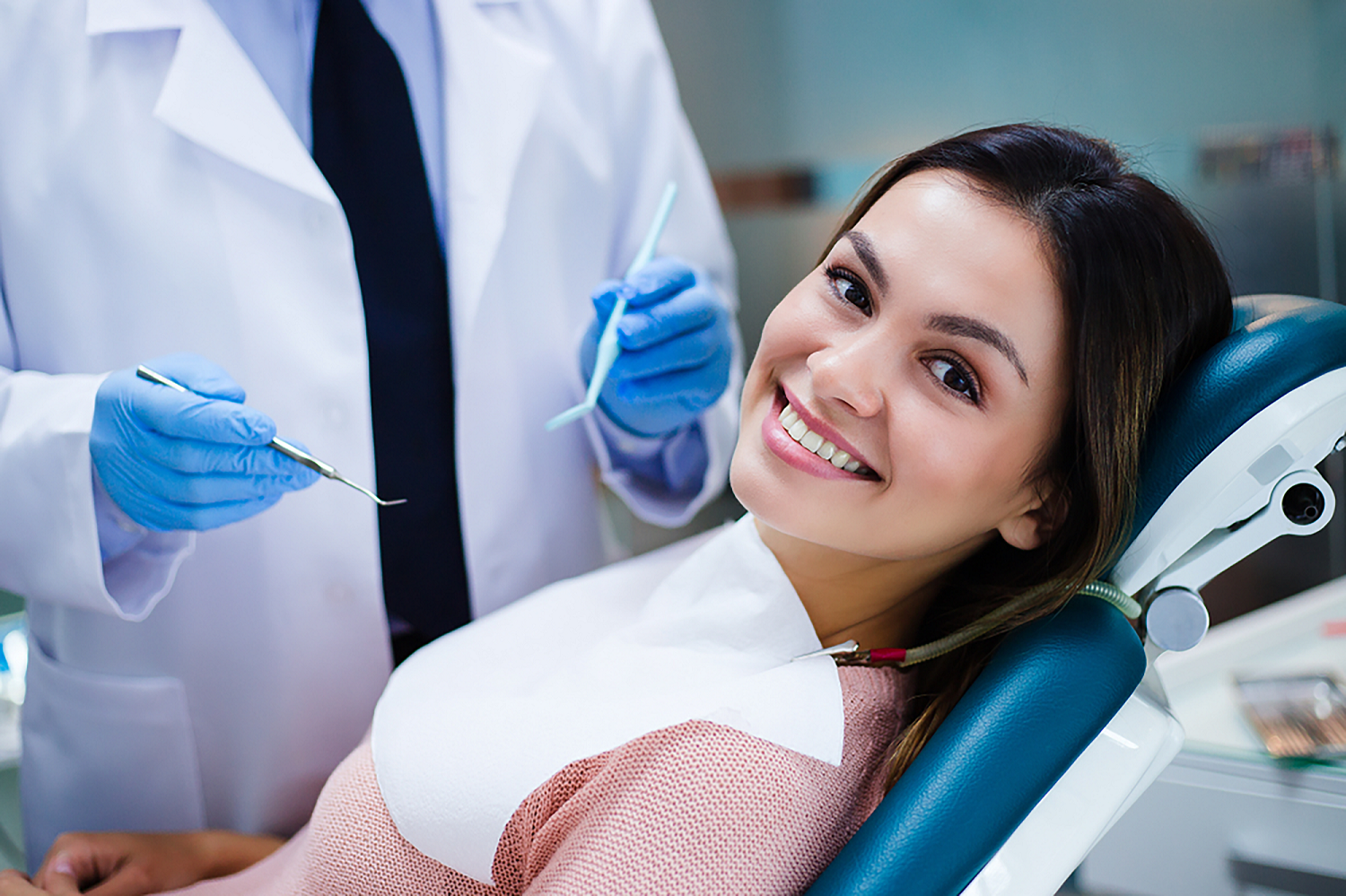The specificity of the diagnosis made during the examination is what distinguishes a thorough oral examination from a routine check-up exam. In a thorough oral examination in Livonia, every aspect pertaining to general medical health and gum and tooth health will be reviewed and examined. Every three to five years, or during your visit to a brand-new dentist office, a thorough oral examination is advised. It provides your team with a thorough breakdown of the condition of your mouth, teeth, and gums. In cases where there are concerns, more regular, comprehensive oral exams may be advised.
Dental examination process
The patient’s dental history and most recent checkup are often reviewed at the beginning of the dental session. The dentist will inquire about the patient’s oral hygiene practice and whether any new pain or discomfort signs have appeared since their last visit. The following is often covered in a dental exam appointment.
-
Dental hygiene
The general dentist can check for cavities and spot any signs of gum disease during the cleaning portion of an examination. The patient’s teeth will be carefully cleaned and occasionally polished. Additionally, fluoride therapy could be used. The main objective of the majority of dental checks is dental cleaning, unless there is a hint of abnormality while the patient is there.
-
Oral cancer examination
An opportunity for oral cancer screening is provided through dental exams. To look for any early indications of oral cancer, the neck, jaw, tongue, cheeks, roof, and floor of the mouth, as well as within the lips, are all examined. The dentist near you will look for symptoms such as lumps or rough patches, red or white spots, discomfort or inflammation, sores that don’t go away or bleed frequently, and problems chewing or swallowing.
Particularly for patients who consume alcohol or inhale cigarettes, this screening is crucial. If oral cancer is not found and treated in a timely manner, it can be fatal, just like any other cancer.
-
X-rays
The majority of dental exams must include x-rays. They provide the dentist with an opportunity to see the mouth up close and in detail, which is typically not possible with the naked eye. The use of digital x-rays is prevalent to lessen radiation exposure. The dentist can prescribe the best course of action and halt common oral problems before they get worse by being aware of what is happening beneath the surface (in the teeth, jawbone, and gums).
What Takes Place During a Dental Examination?
Your dentist in Livonia will carefully examine your teeth, gums, and bite throughout the examination. If necessary, your dentist will also take x-rays of your mouth to reveal issues such as decay behind fillings, fractures, impacted wisdom teeth, decay under the gum line, and bone loss.
Cavities, gingivitis, and even oral anomalies like tumors and cysts are just a few of the issues that might arise. Your dentist is qualified to spot them and has the dental technology needed to spot problems that are invisible to the unaided eye.
Your dentist will inquire about your everyday dental hygiene practices while performing the oral examinations near you. This will enable them to ascertain whether any aspects of your lifestyle, such as your nutrition, may be having an impact on your oral health.
How Frequently Should I get My Teeth Cleaned and Examined?
It is best to visit the dentist twice a year for an examination and cleaning because this gives your dentist a greater opportunity to spot, stop, or treat emerging issues. Our dentist will be able to give you advice on the state of your oral health right now and offer suggestions for the type and number of dental appointments you should schedule.
Call Majestic Dentistry to schedule an appointment with our staff.

